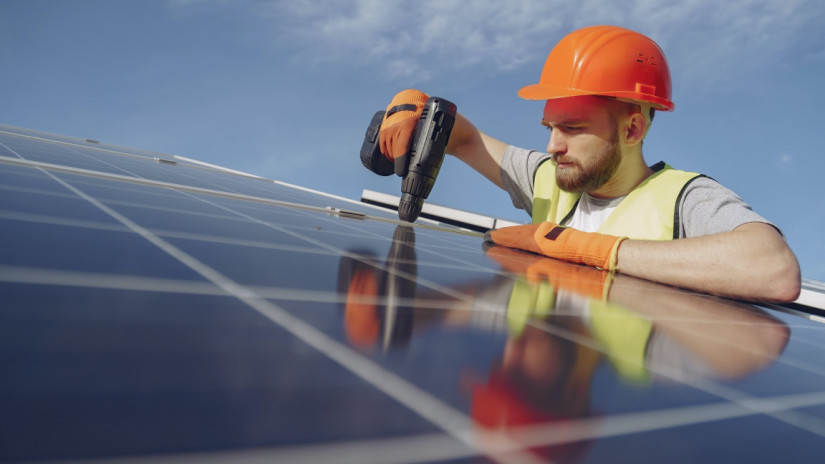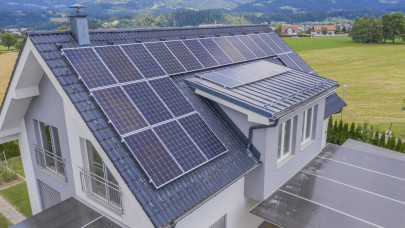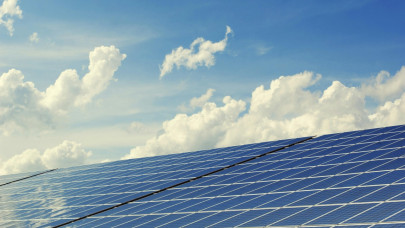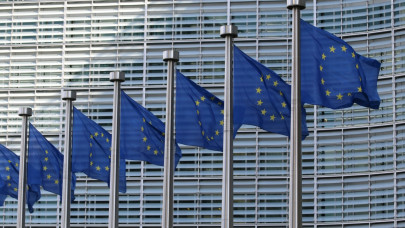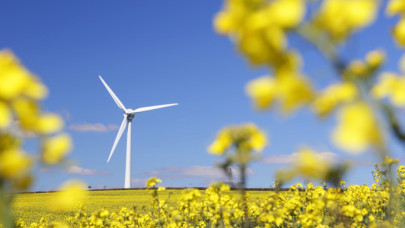The 18% year-on-year leap reflects the strong growth of renewables generating capacities, together with a continued expansion of equipment manufacturing.
A closer look at the report's data, however, shows an uneven global picture. Close to two-thirds of new global solar and wind capacity were installed in China last year.
China leads with an estimated 7.4 million renewable energy jobs or 46% of the global total. The EU followed suit with 1.8 million, Brazil with 1.56 million, and the United States and India, each with close to 1 million jobs.
As in the past few years, the strongest impetus came from the rapidly growing solar photovoltaics (PV) sector, which supported 7.2 million jobs globally. Of these, 4.6 million were in China, the dominant PV manufacturer and installer. Enabled by significant Chinese investments, Southeast Asia has emerged as an important export hub of solar PV, creating jobs in the region.
Liquid biofuels had the second-largest number of jobs, followed by hydropower and wind. Brazil topped the biofuels ranks, accounting for one-third of the world's 2.8 million jobs in this sector. Soaring production put Indonesia in second, with a quarter of global biofuels jobs.
Due to a slowdown in deployment, hydropower became an outlier to the overall growth trend, with the number of direct jobs estimated to have shrunk from 2.5 million in 2022 to 2.3 million. China, India, Brazil, Viet Nam, and Pakistan were the largest employers in the industry.
In the wind sector, China and Europe remain dominant. As leaders in turbine manufacturing and installations, they contributed 52% and 21% to the global total of 1.5 million jobs, respectively.
Despite immense resource potential, Africa continues to receive only a small share of global renewables investments, which translated into a total of 324,000 renewables jobs in 2023. For regions in urgent need of reliable and sustainable energy access like Africa, and especially in remote areas, decentralized renewable energy (DRE) solutions – stand-alone systems that are not connected to the utility grids – present an opportunity to both plug the access gap and generate jobs. Removing barriers for women to start entrepreneurship initiatives in DRE can stimulate the sector, resulting in improvedlocal economies and energy equity.
Acknowledging the high degree of geographic concentration, Francesco La Camera, IRENA Director-General, said, “The story of the energy transition and its socio-economic gains should not be about one or two regions. If we are all to fulfill our collective pledge to triple renewable power capacity by 2030, the world must step up its game and support marginalised regions in addressing barriers impeding their transitions progress. Strengthened international collaboration can mobilise increased finance towards policy support and capacity building in countries that are yet to benefit from renewables job creation.”
To meet the energy transitions' growing demand for diverse skills and talents, policies must support measures in favour ofgreater workforce diversity and gender equity. Representing 32% of the renewables total workforce, women continue to hold an unequal share even as the number of jobs keeps rising. It is essential that education and trainings lead to diverse job opportunities for women, youth, and members of minority and disadvantaged groups.
"Investing in education, skills, and training helps reskill all workers from fossil fuel sectors, address gender or other disparities, and prepare the workforce for new clean energy roles. It is essential if we are to equip workers with the knowledge and skills that they need to get decent jobs and to ensure that the energy transition is a just and sustainable one. A sustainable transition is what the Paris Agreement requires of us, and what we committed to achieving when we signed up to the Agreement,” explained ILO Director-General, Gilbert F. Houngbo.
This 11th edition of the Annual Review is part of IRENA's extensive analytical work on the socio-economic impacts of a renewables-based energy transition. This edition – which is the 4th edition developed in collaboration with ILO – underscores the importance of a people- and planet-centered approach to achieve a just and inclusive transition. It calls for a holistic policy framework that goes beyond the pursuit of technological innovation to rapidly meet the tripling target at the lowest possible cost, and prioritizes local value creation, ensures the creation of decent jobs, and builds on active participation by workers and communities in shaping the energy transition. Building on its expertise in the world of work, the ILO contributed to the report's chapter on skills.

